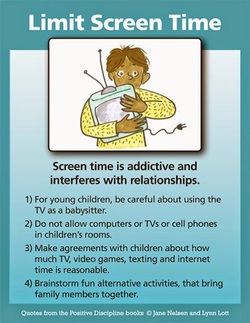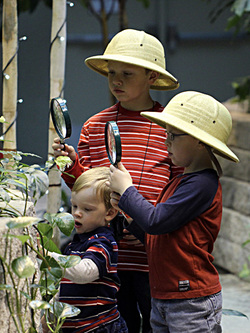
- Begin from infancy in giving him everything he wants. This way, he will grow up to believe that the world owes him a living.
- When he picks up bad words, laugh at him. It will encourage him to pick up cuter phrase that blow the top off your head later.
- Never give him any spiritual training. Wait until he's 21 and let him decide for himself.
- Avoid the use of the word, "wrong." It may develop a guilt complex. This will condition him to believe later, when is arrested for stealing a car, that society is against him, and he is being persecuted.
- Pick up everything he leaves lying around. His books, shoes, and clothing. Clean up after him when he makes a mess. Do everything for him so he will be experienced in throwing responsibility onto others.
- Let him read and look at anything he wants. Be careful that his silverware and drinking glasses are sterilized but let his mind feed on garbage.
- Quarrel with your spouse frequently in his presence. Then he won't be shocked when you get a divorce.
- Satisfy his every craving for food, drink and comfort. See that every desire is gratified. Denial may lead to harmful frustration.
- Give him all the spending money he wants. Never let him earn his own. Why should he have things as tough as you had them?
- Take his side against the neighbors, teachers and policemen. They are all prejudiced against your son.
- When he gets into real trouble, apologize for yourself by saying, "I never could do anything with him!"
If you follow the steps to this handy guide, get ready...
You will have a life of grief, and... so will your son, and his son, and his son...
"...He punishes the children for the sin of the fathers to the third and fourth generation."
BE HOLY.
BE A MAN.









 RSS Feed
RSS Feed